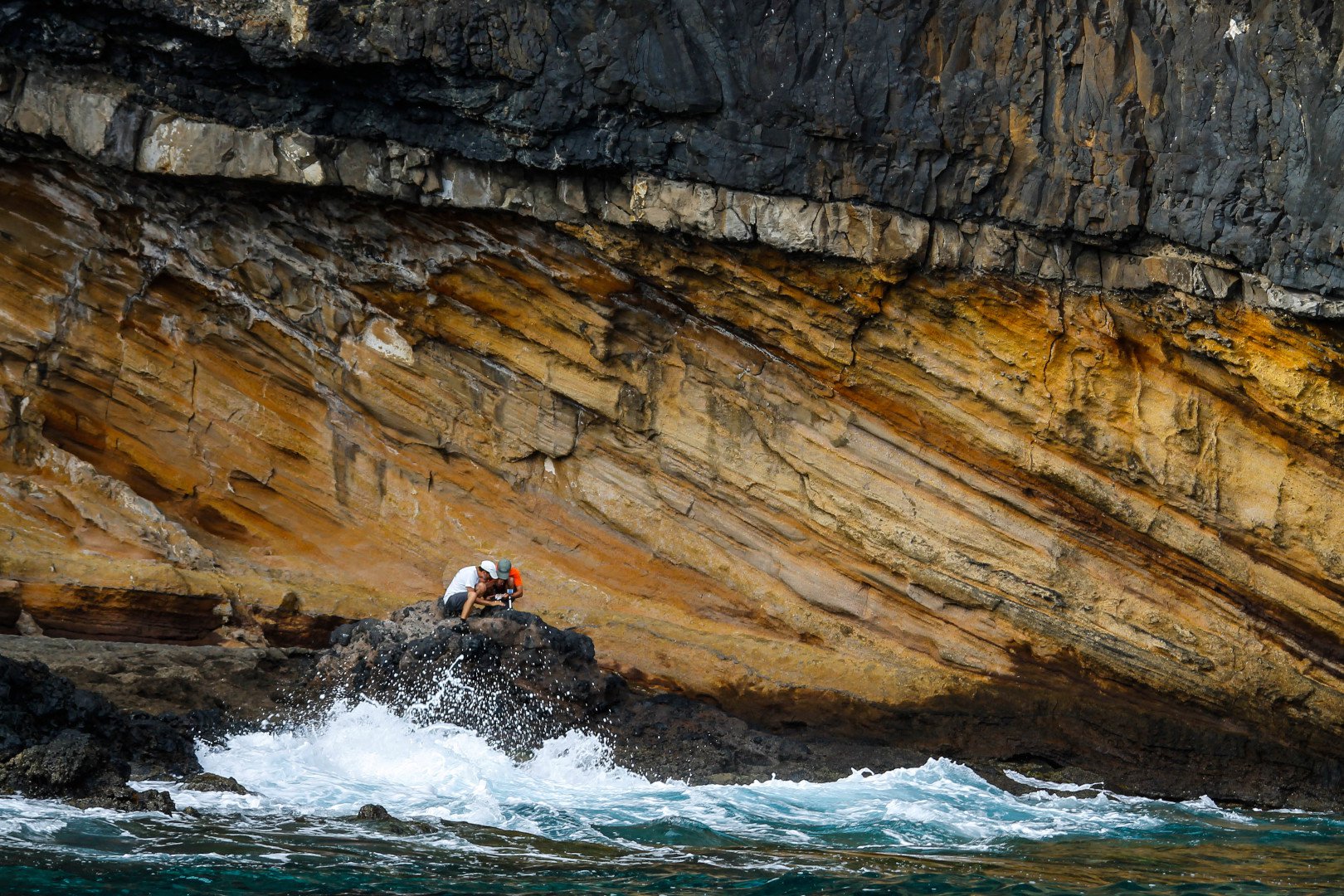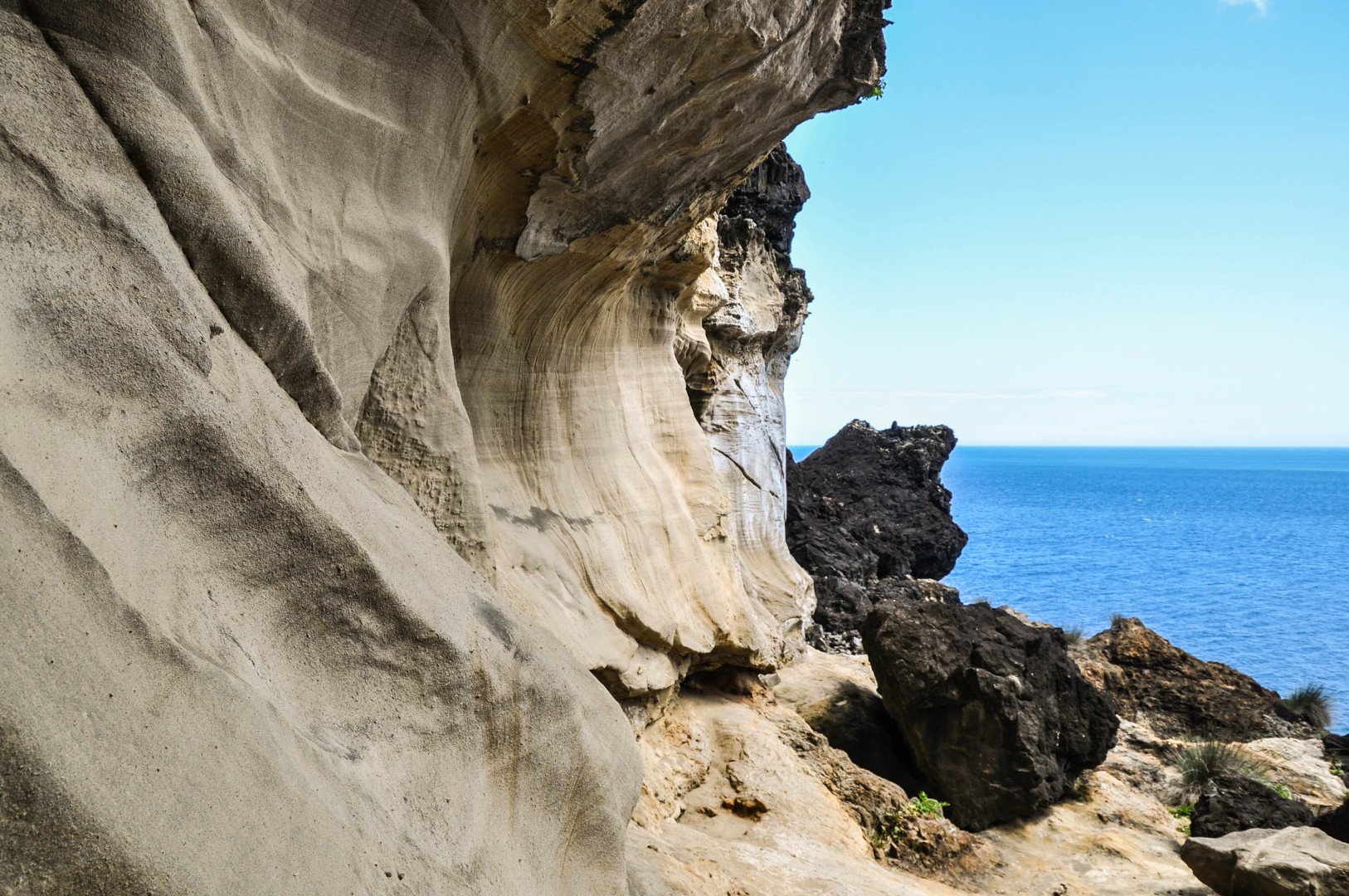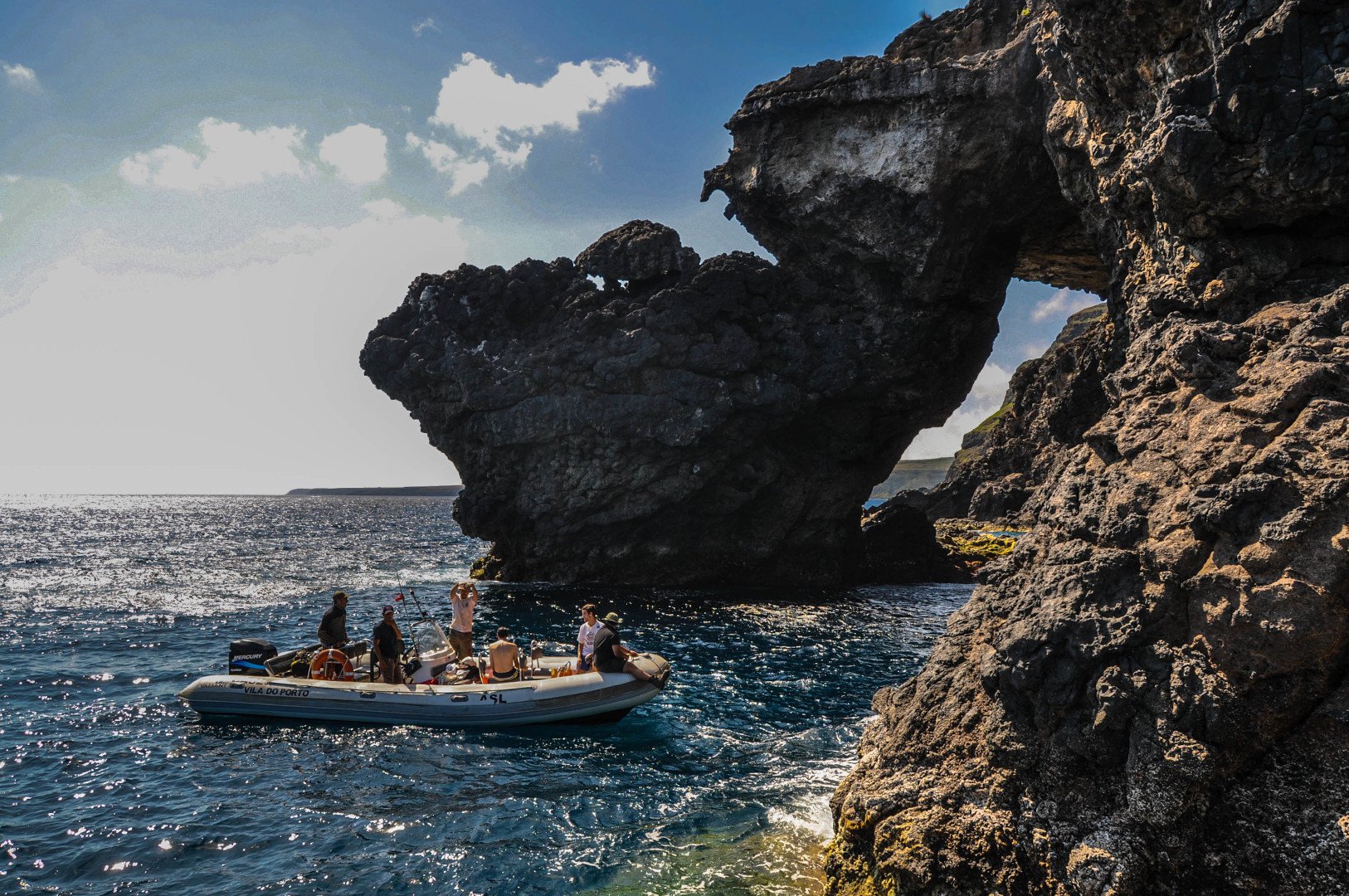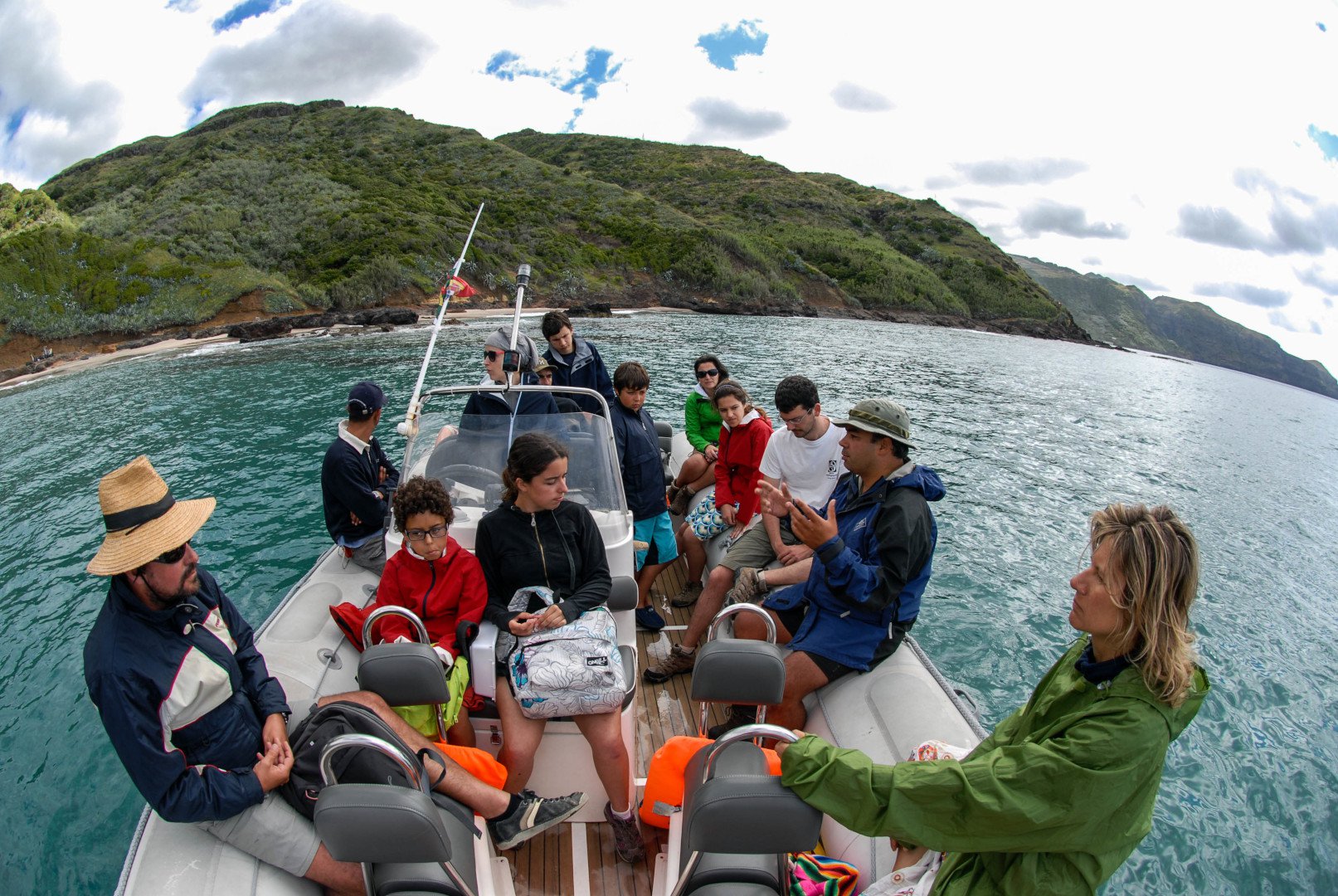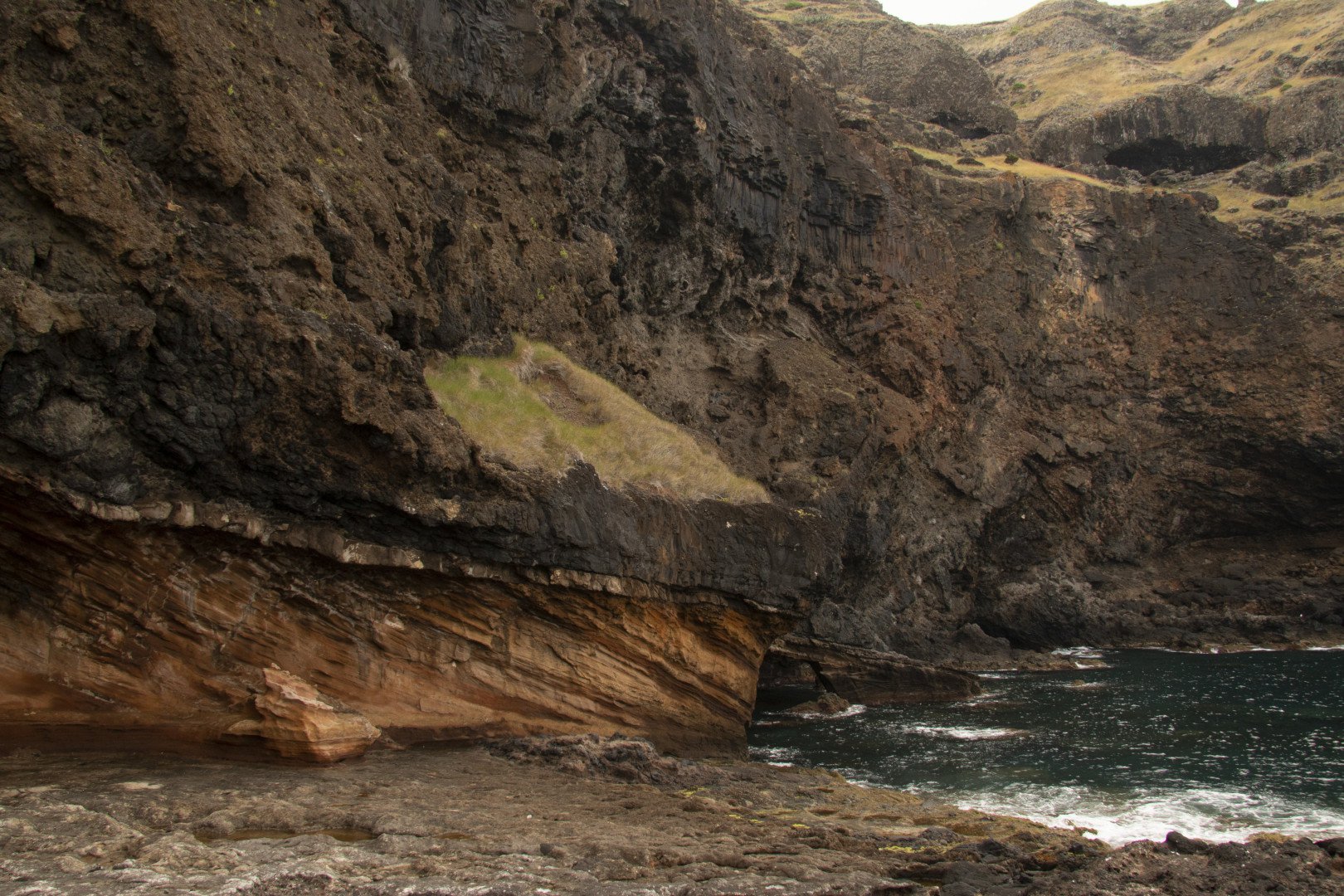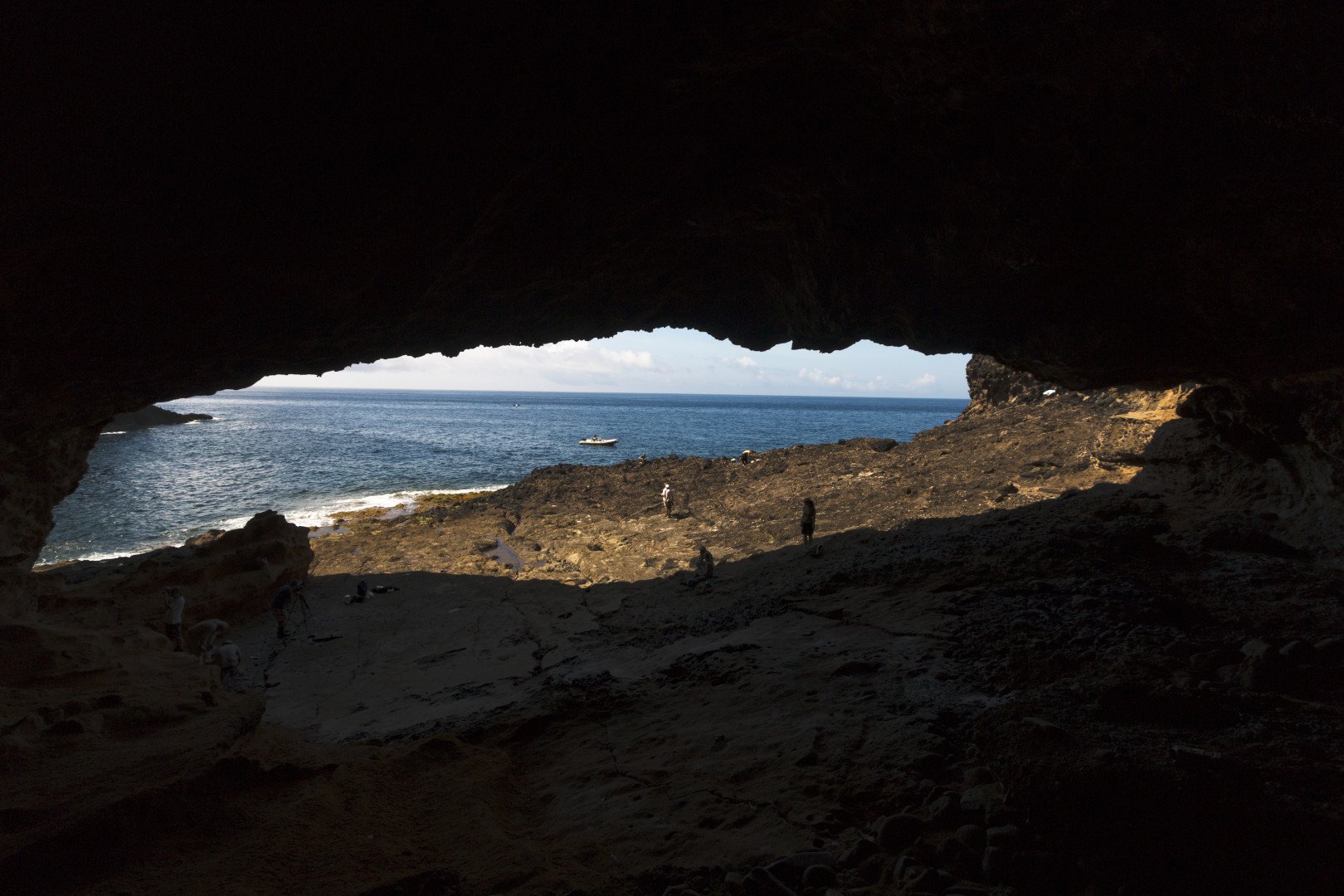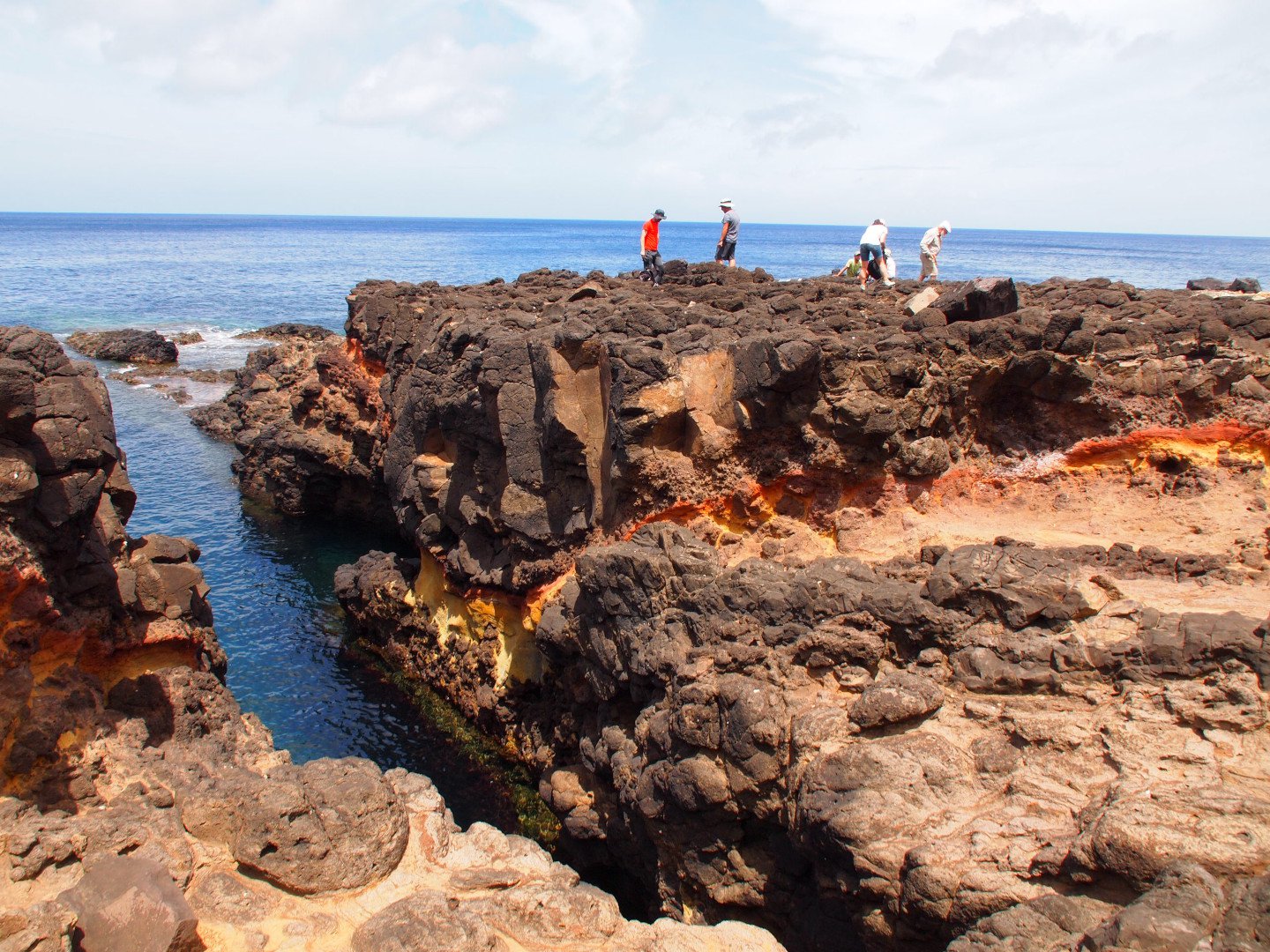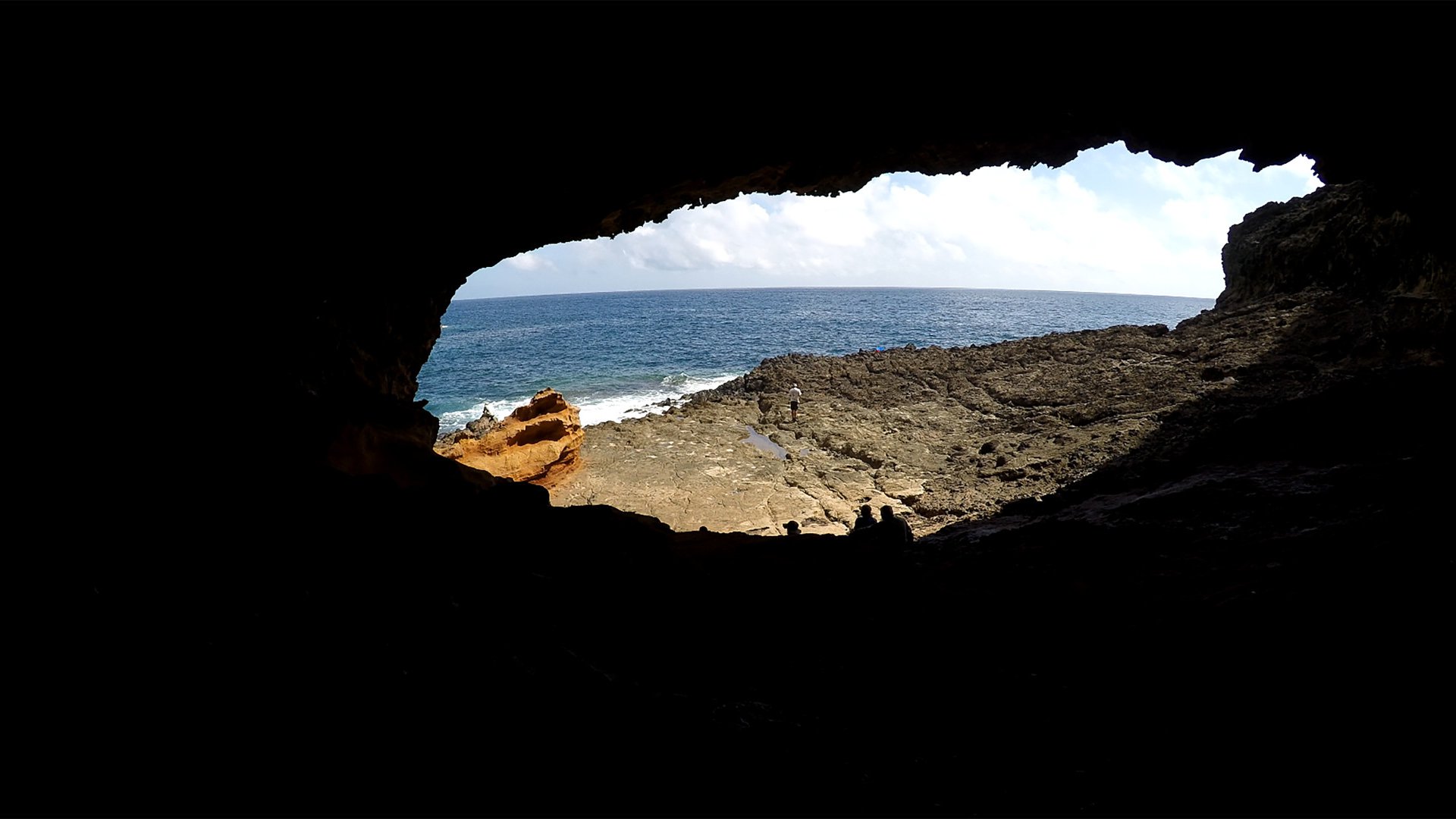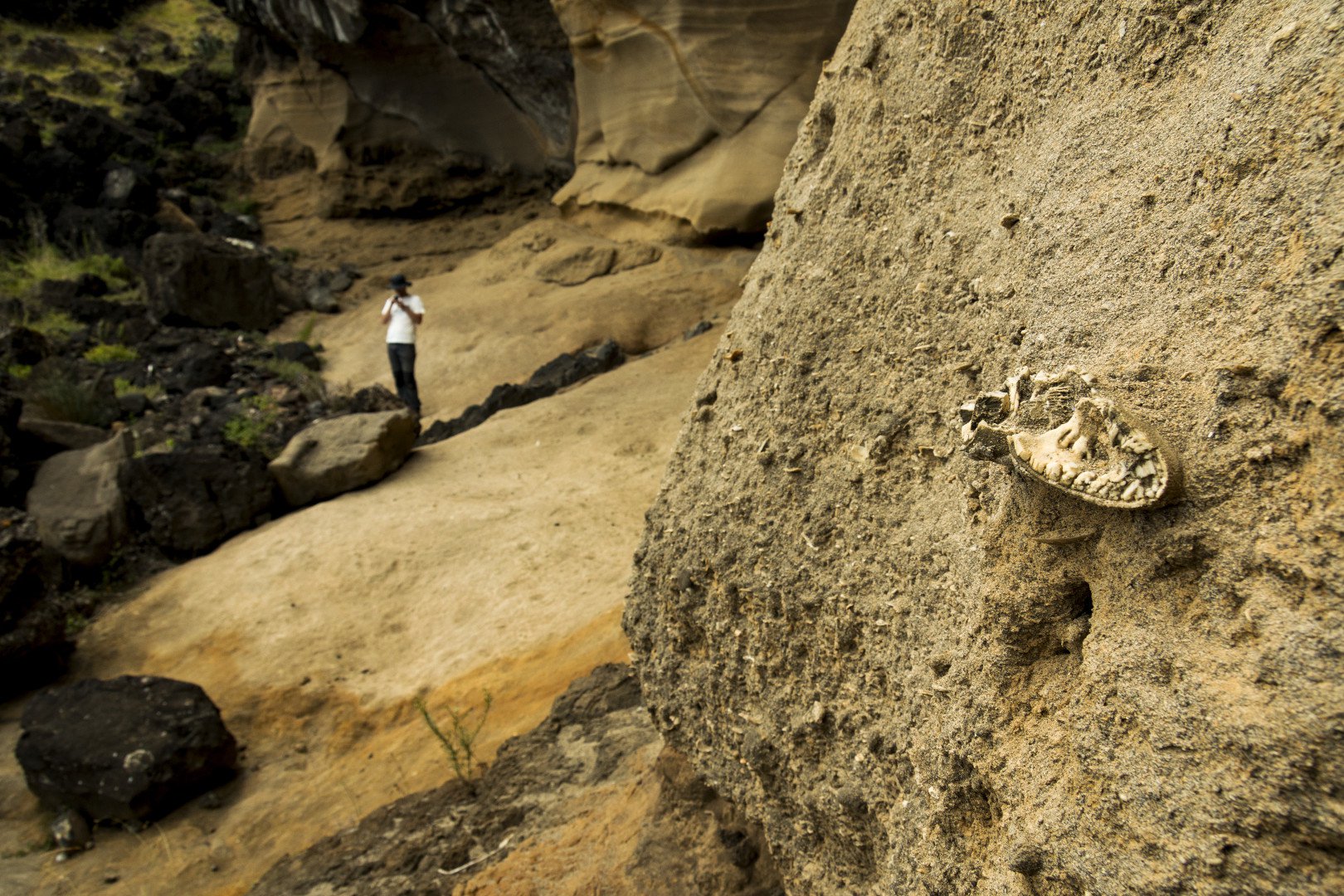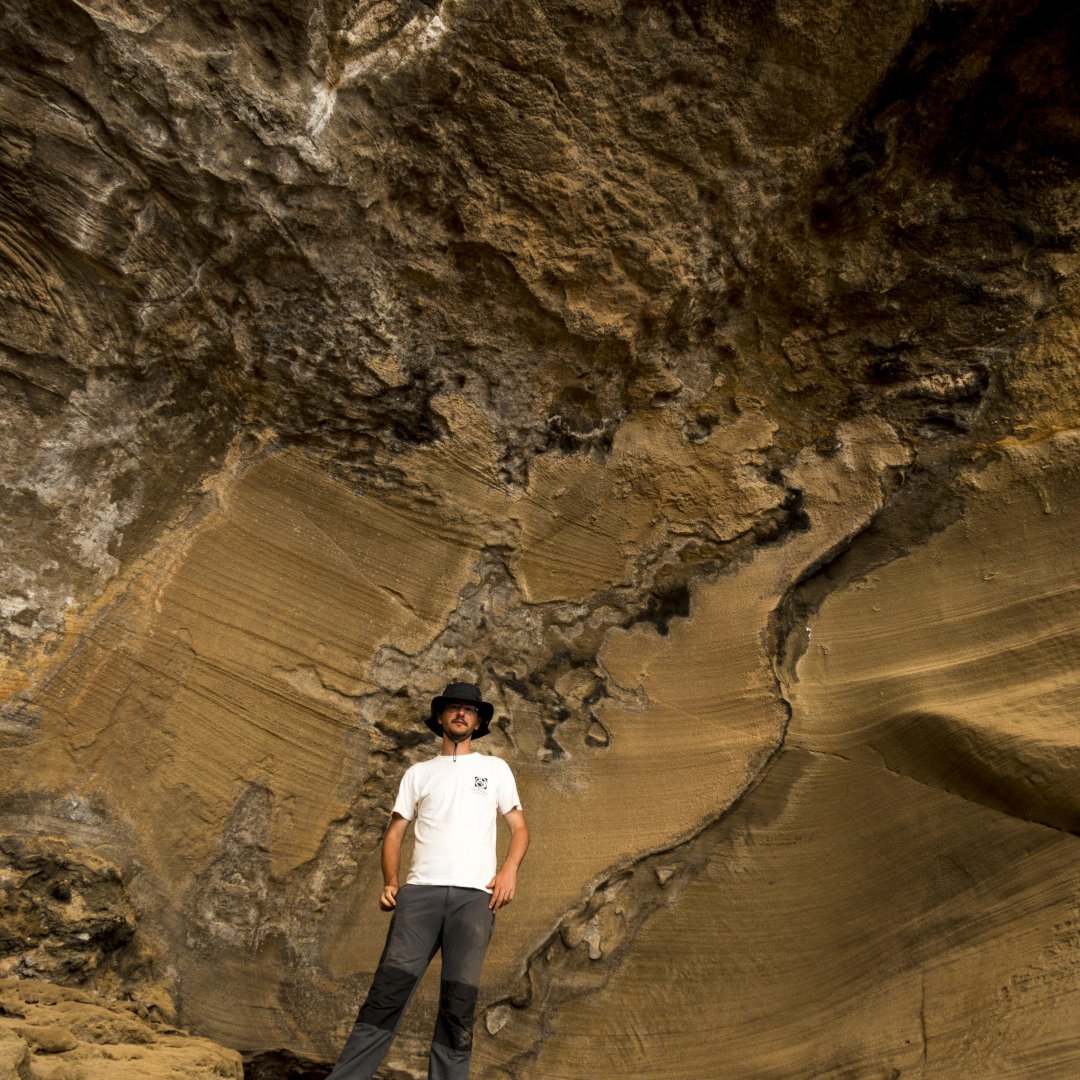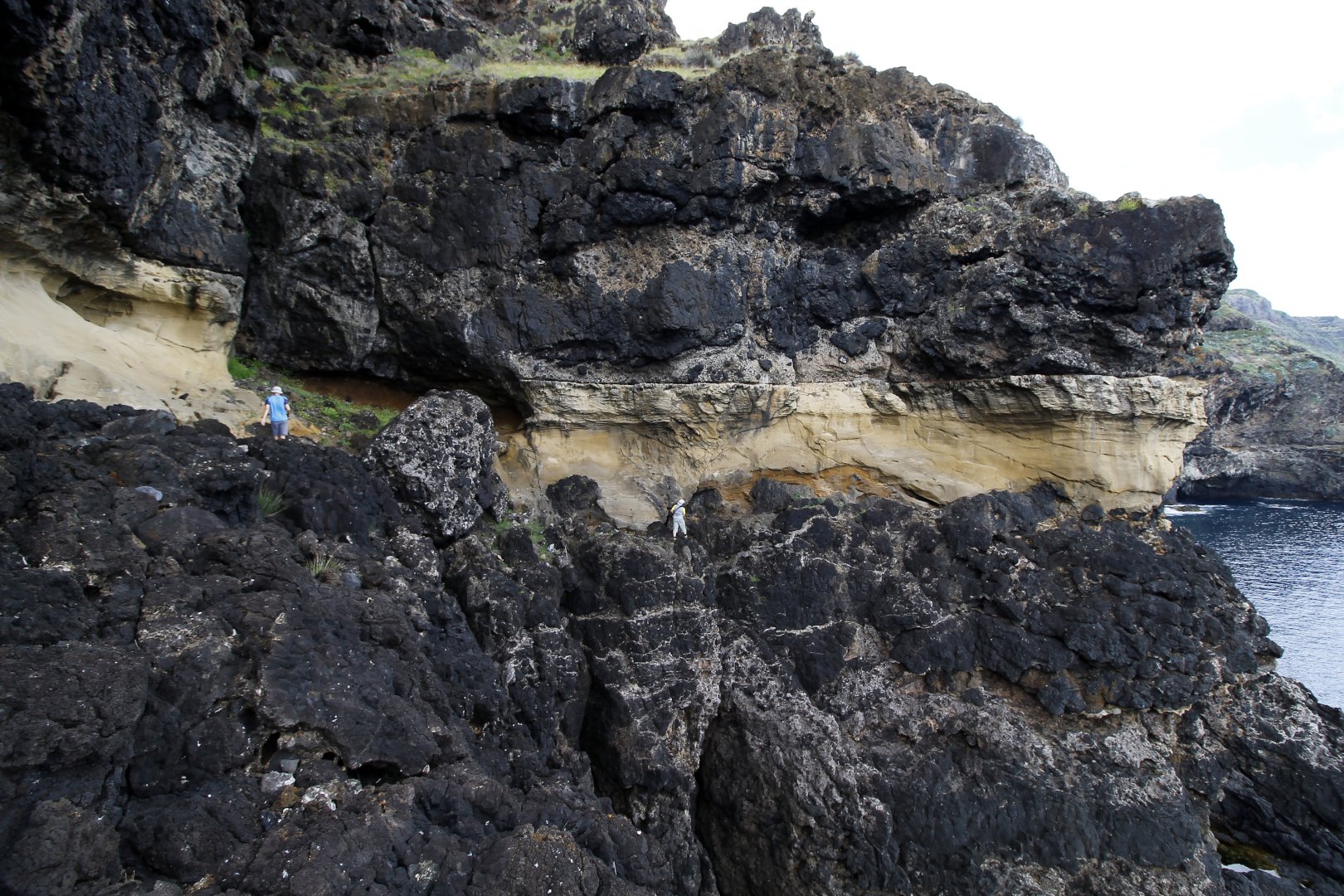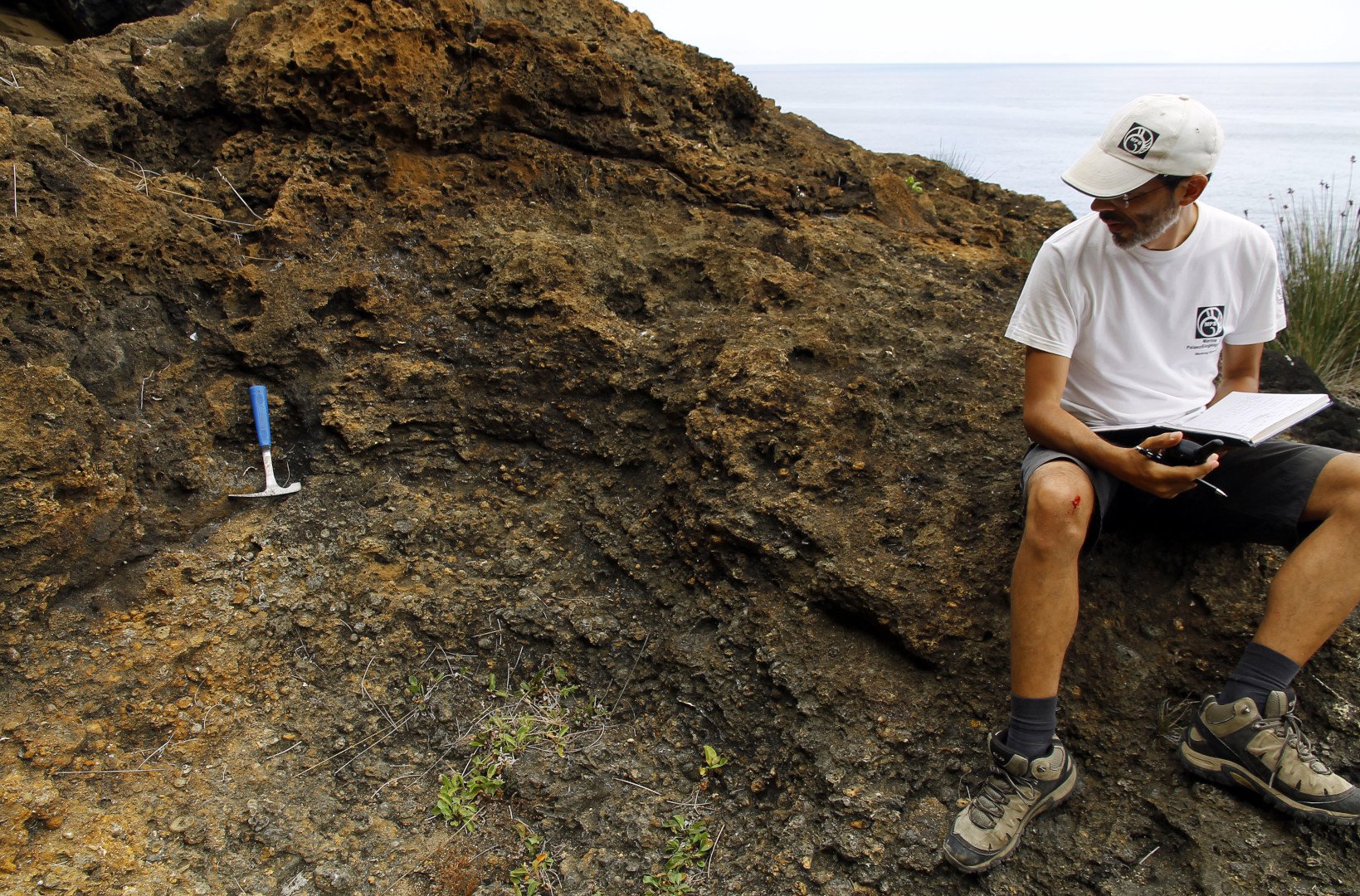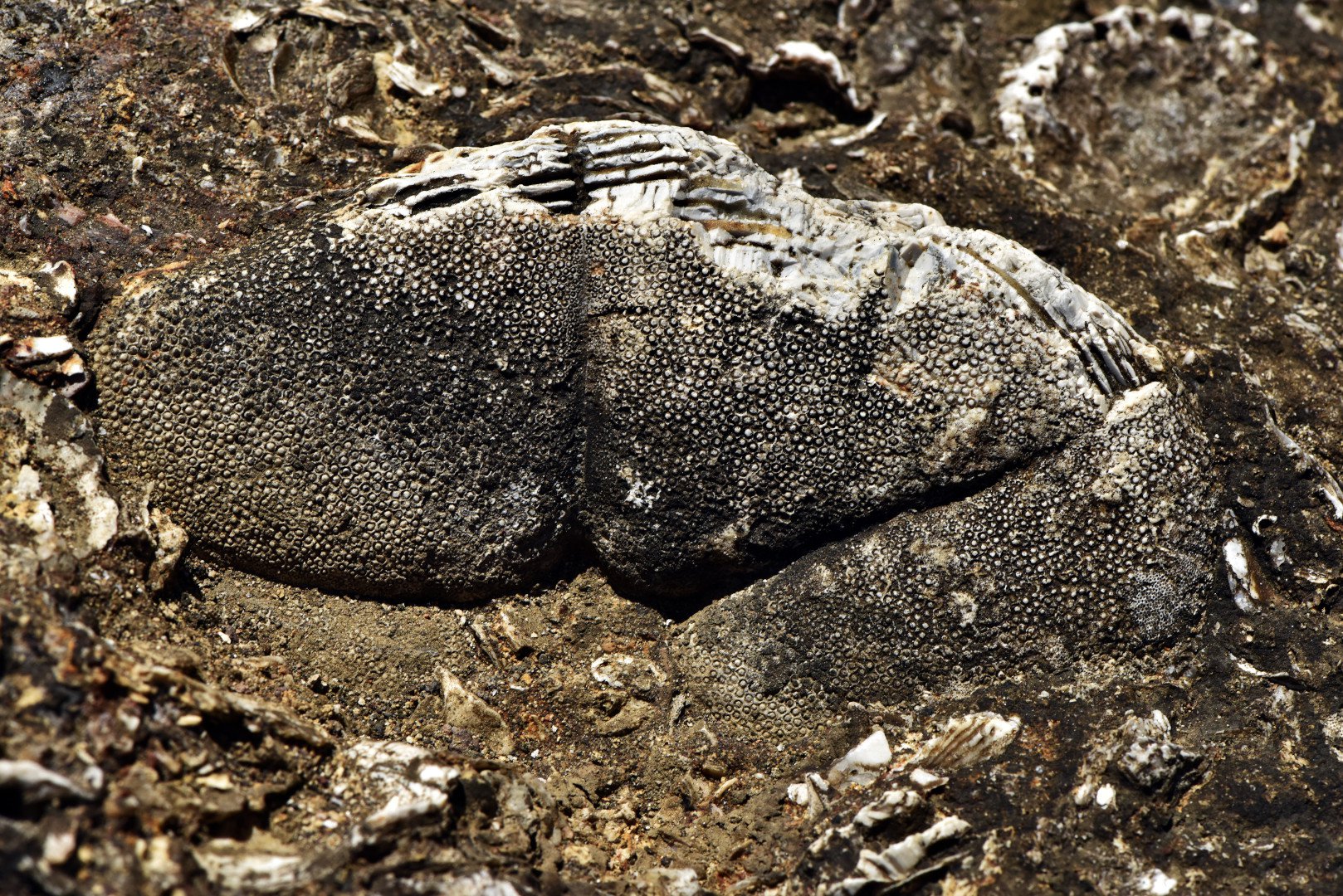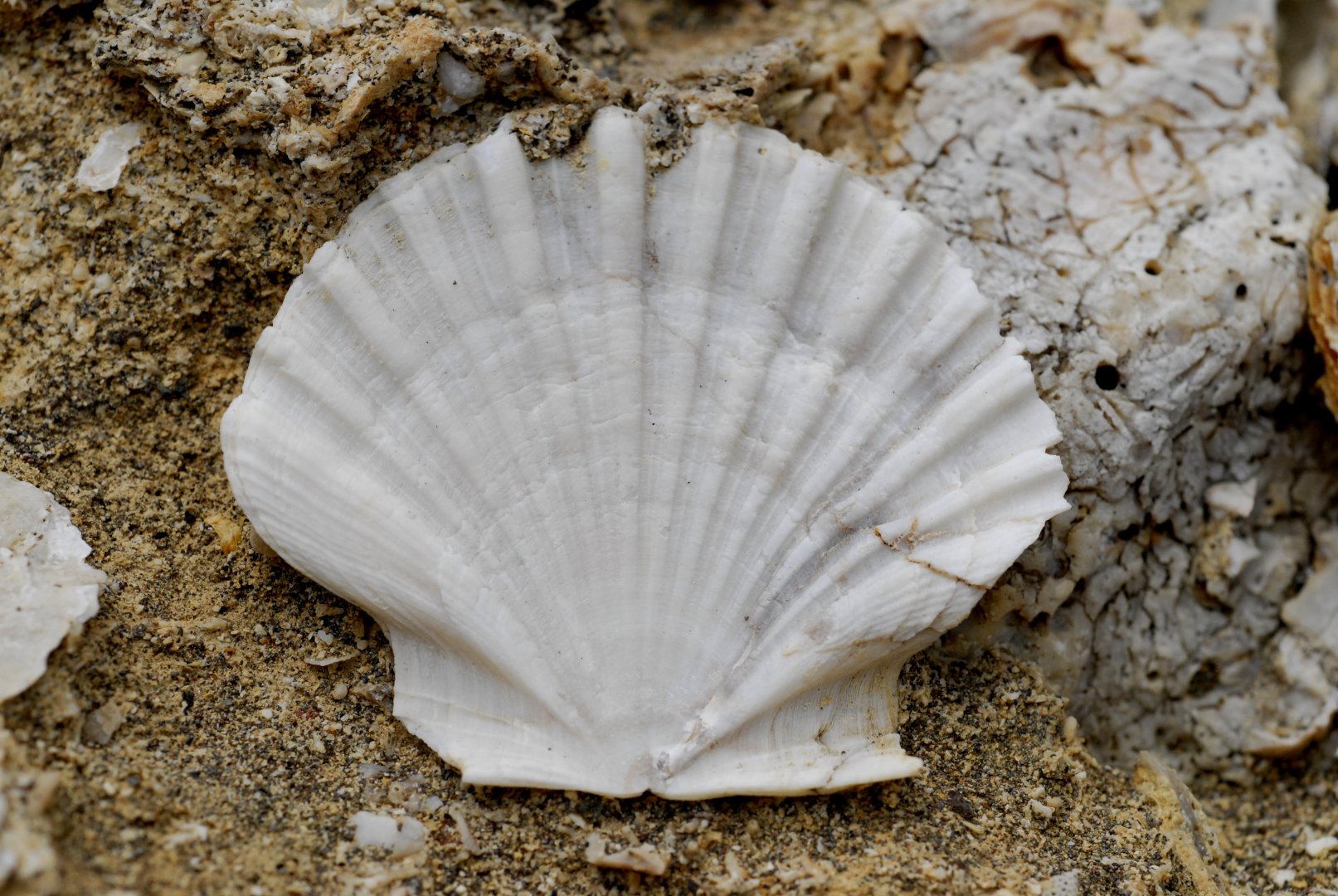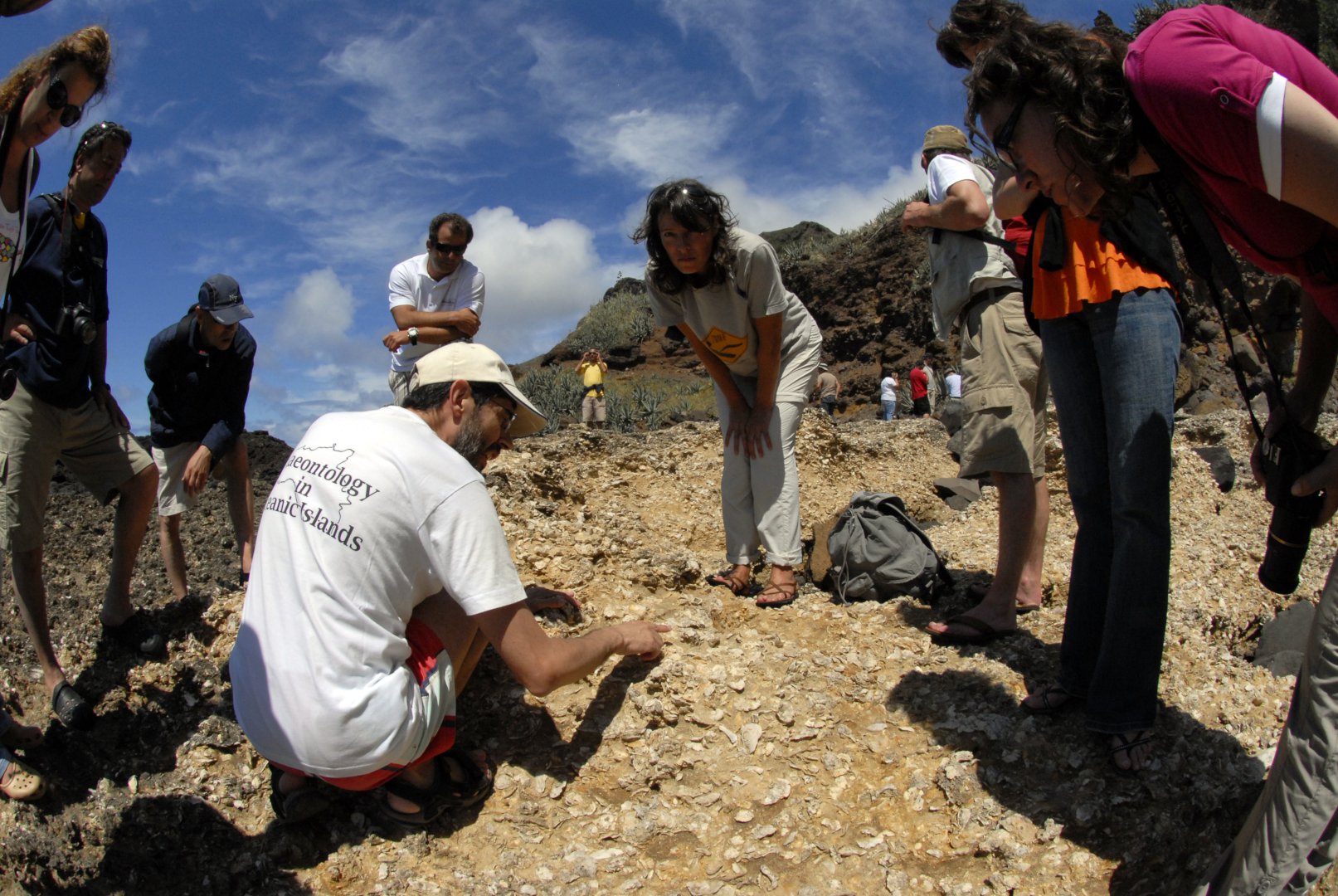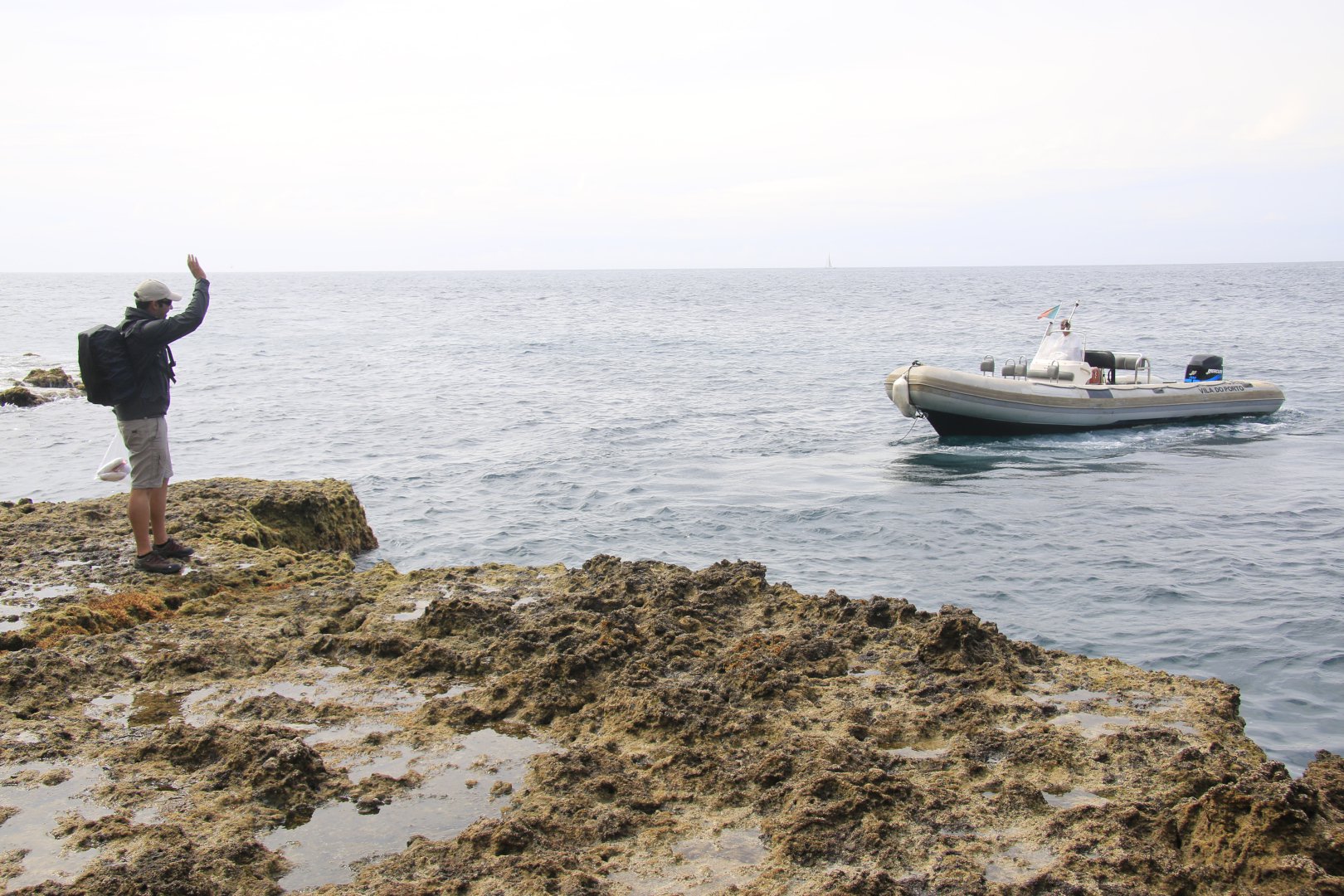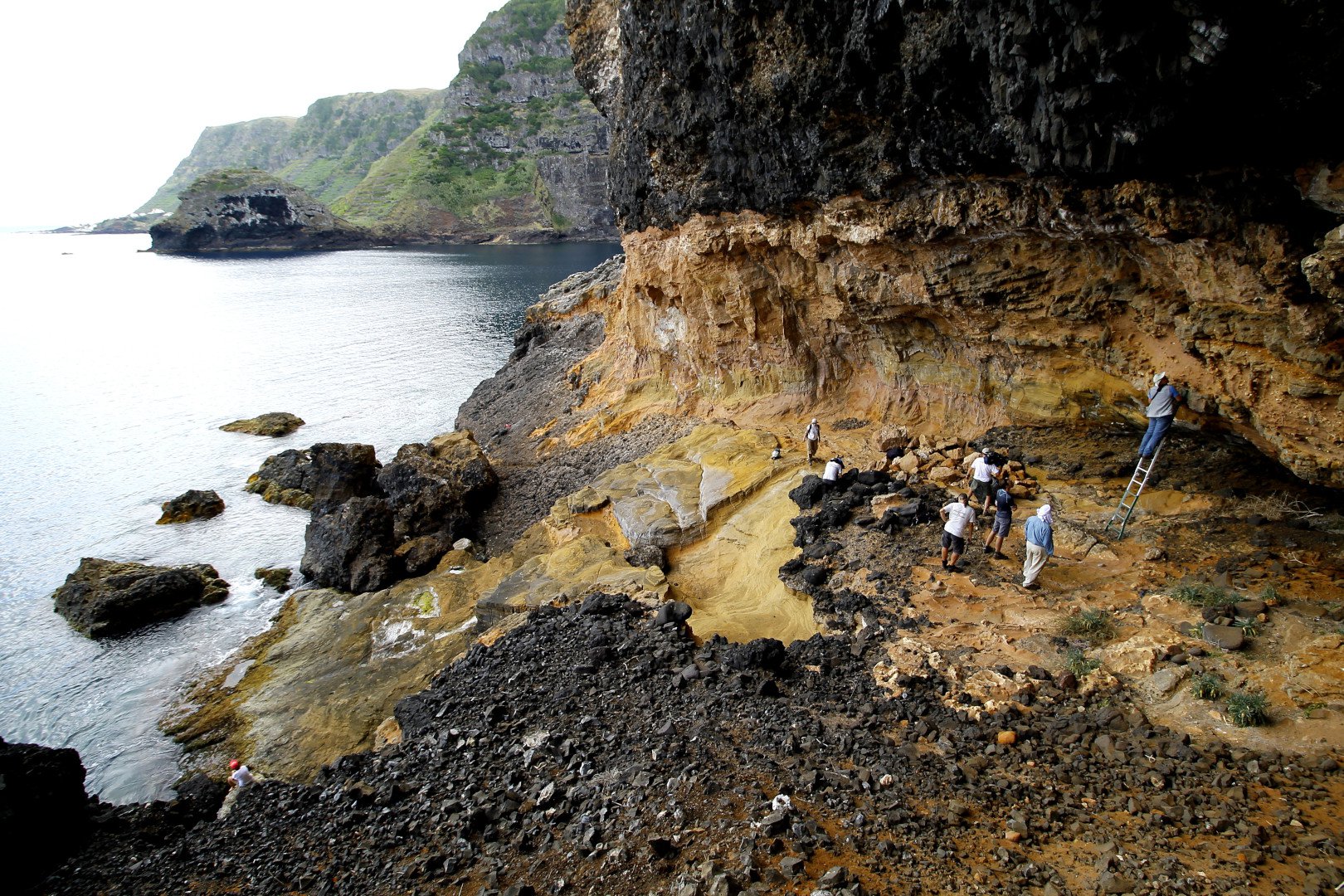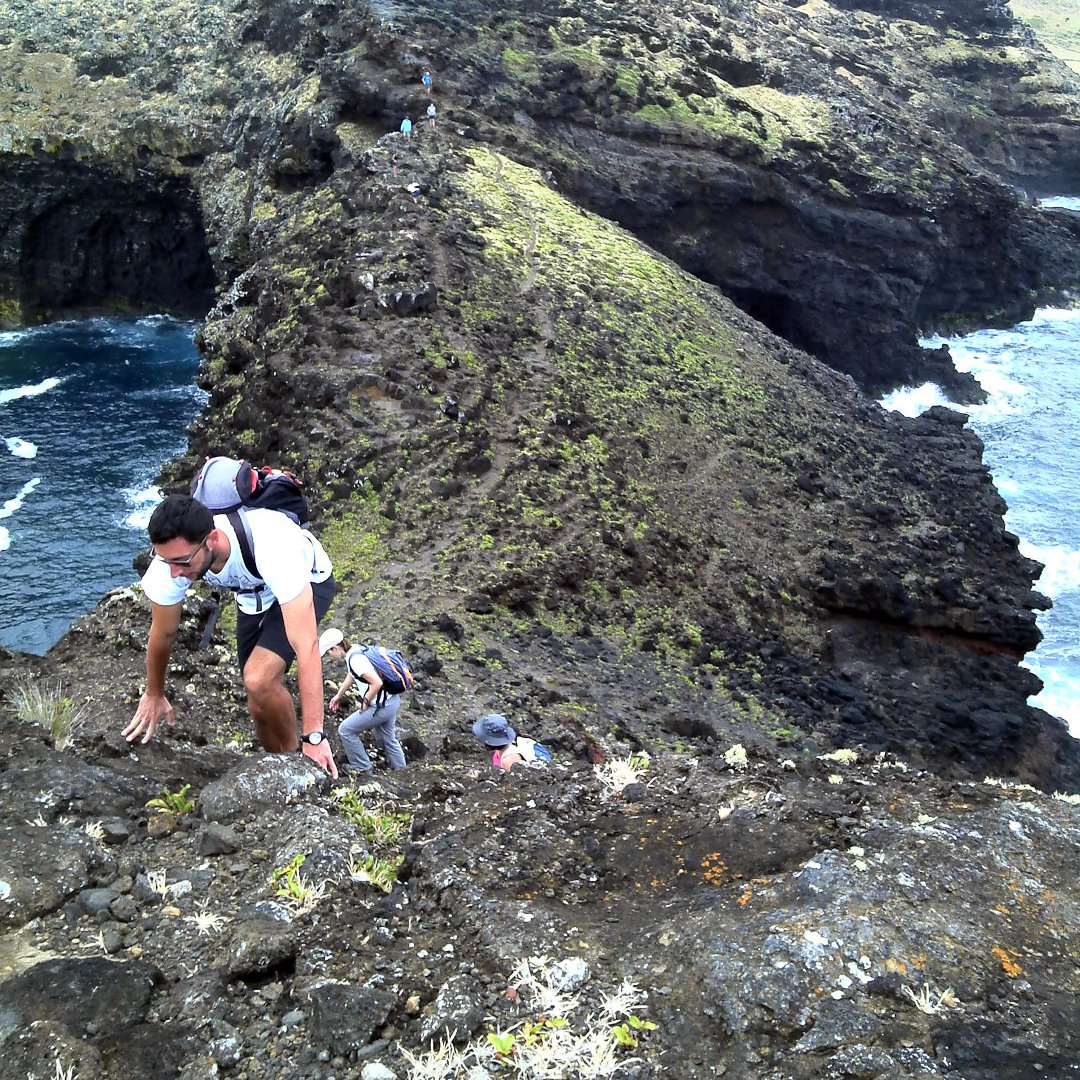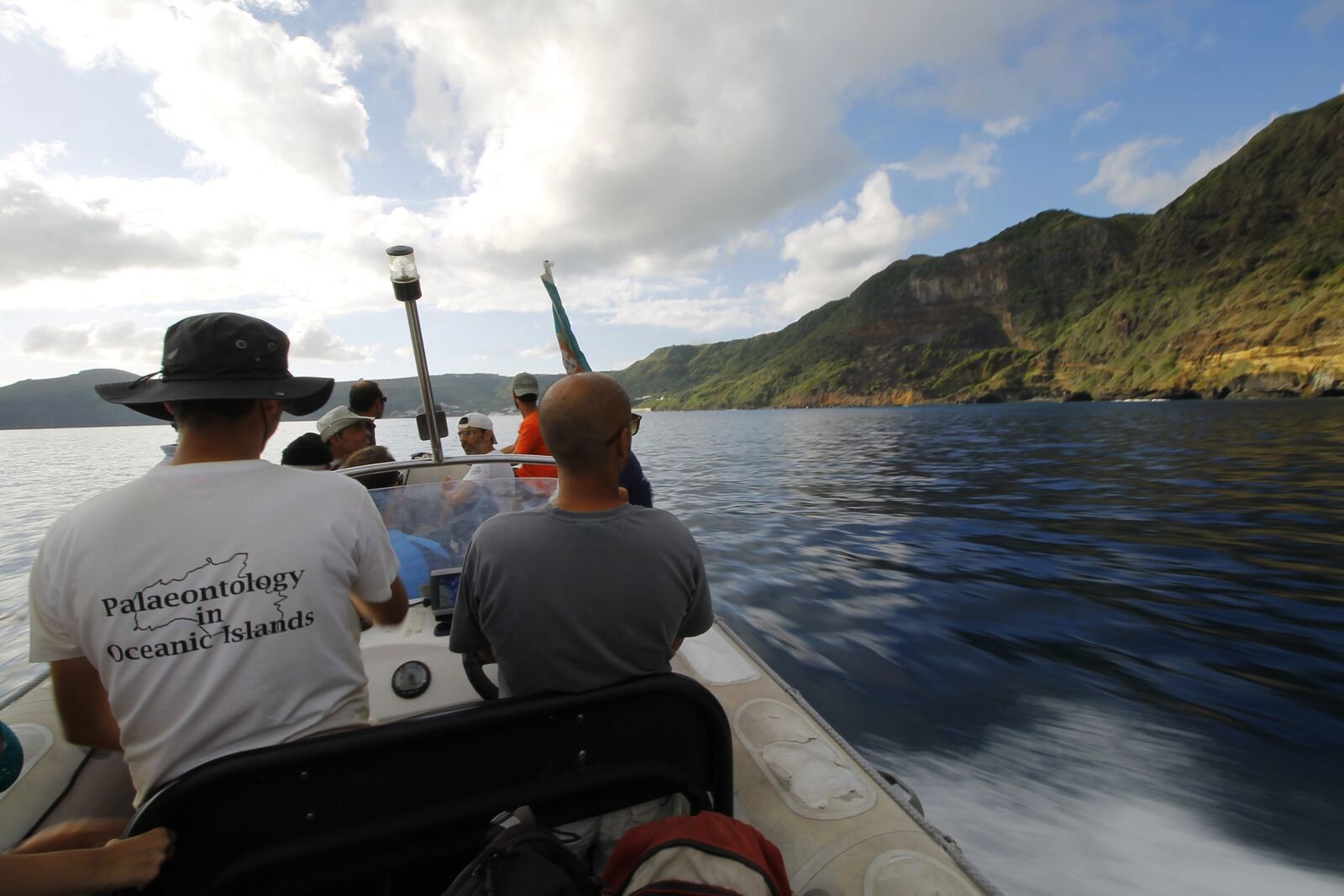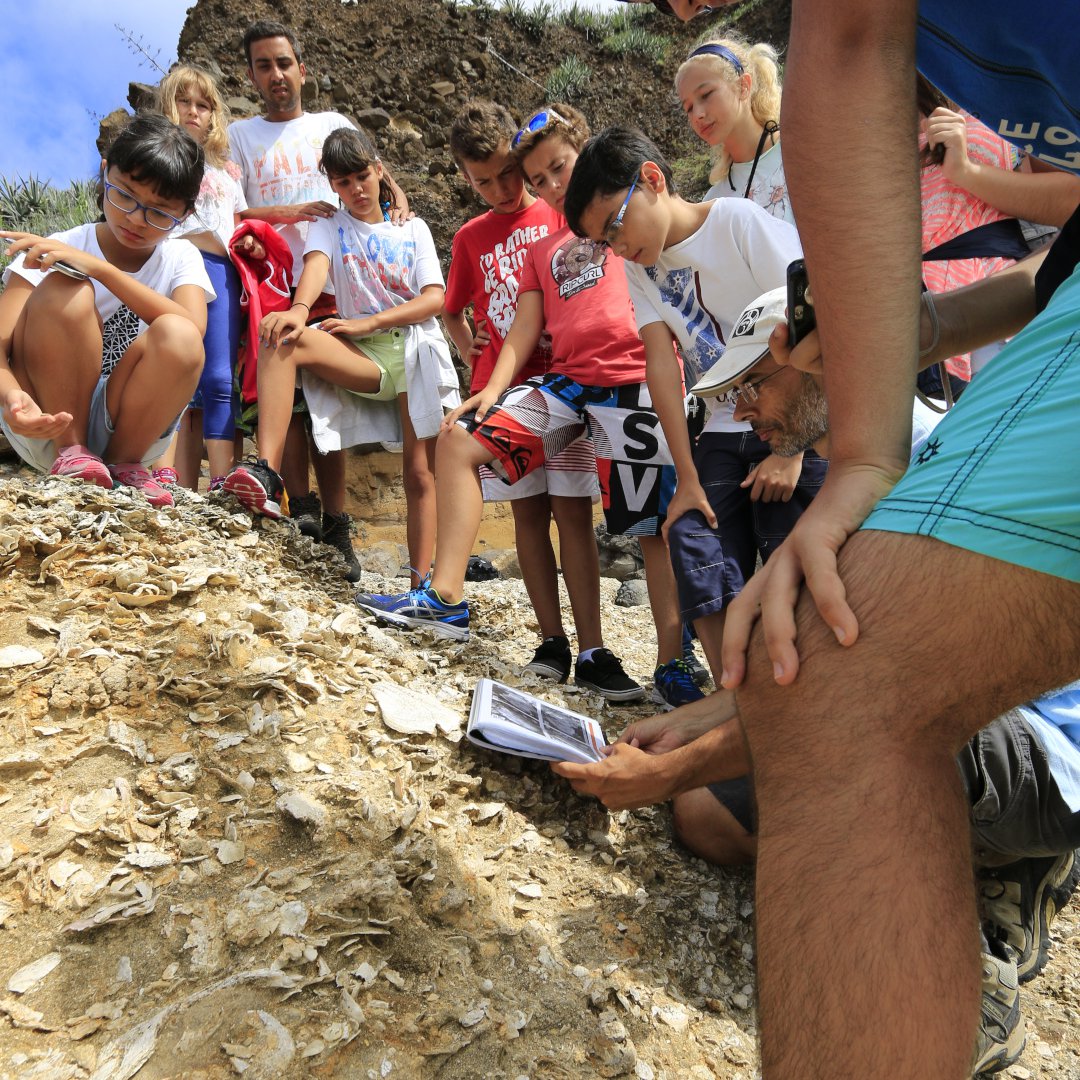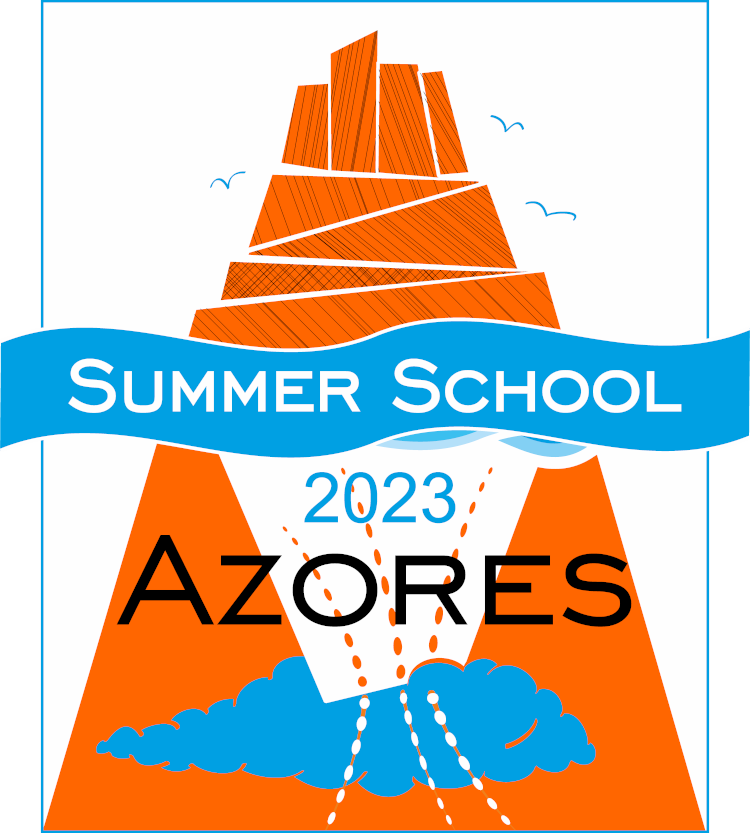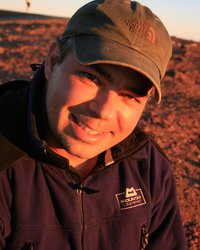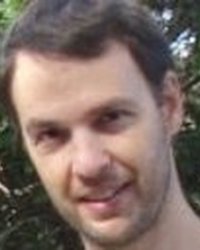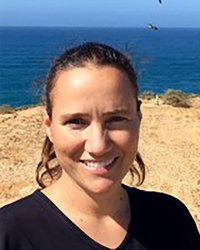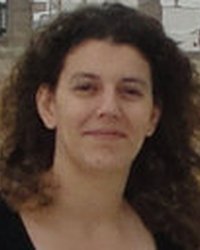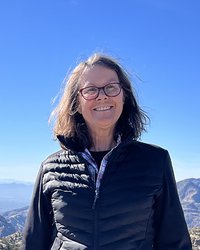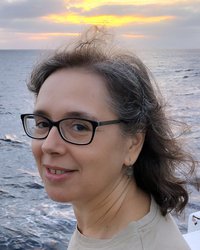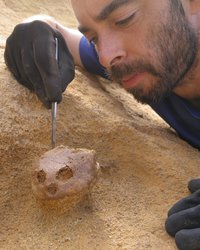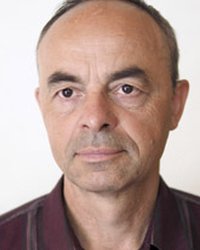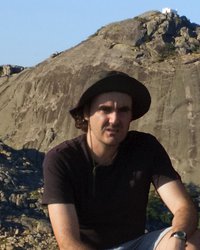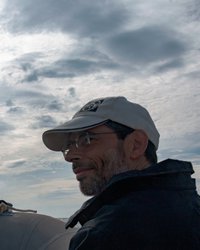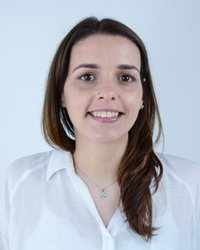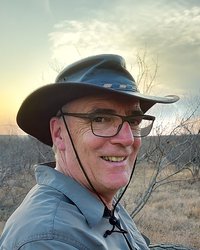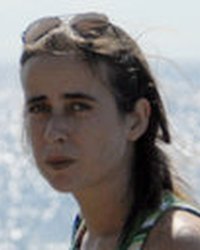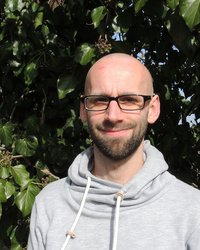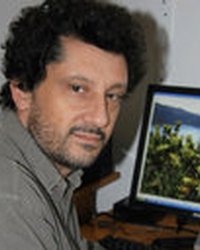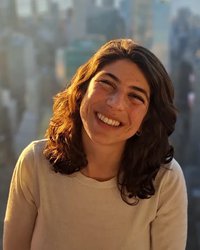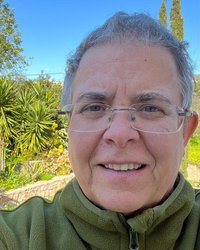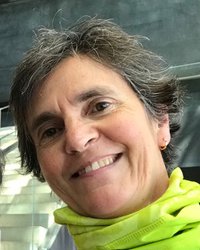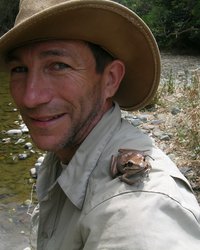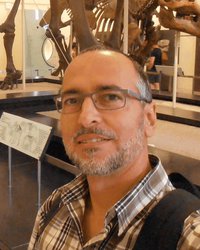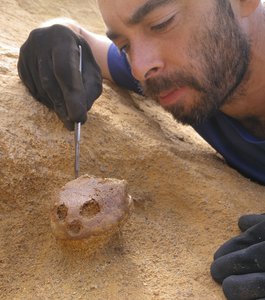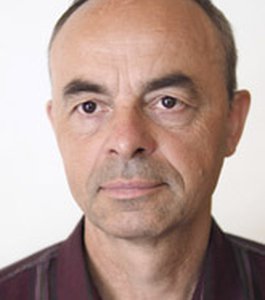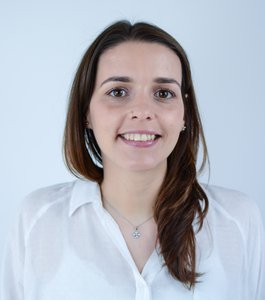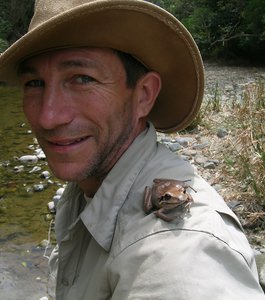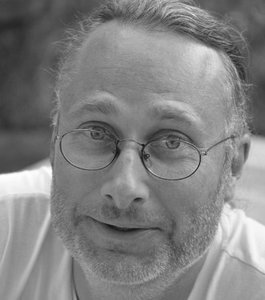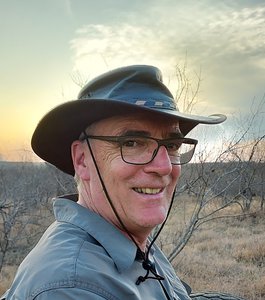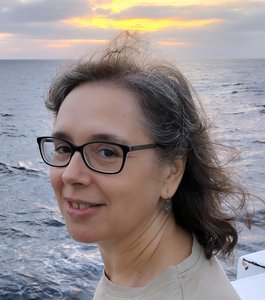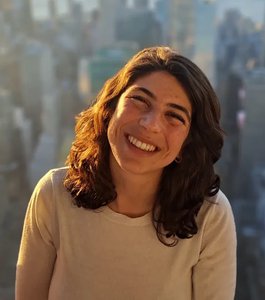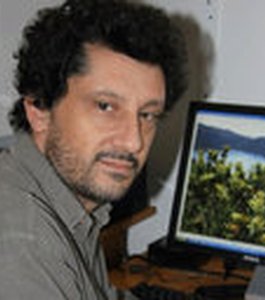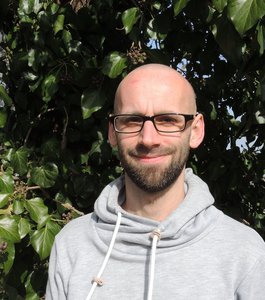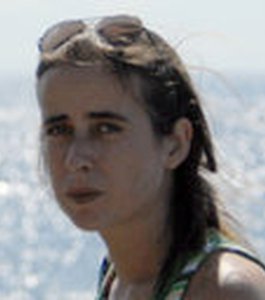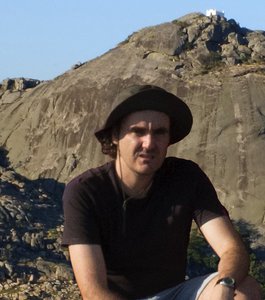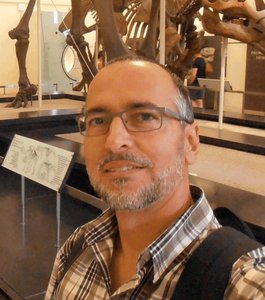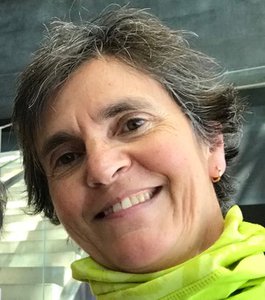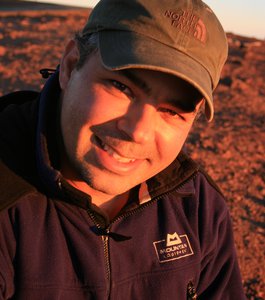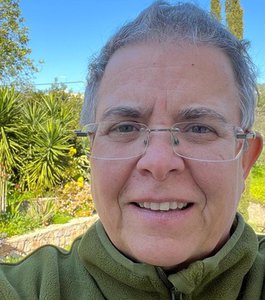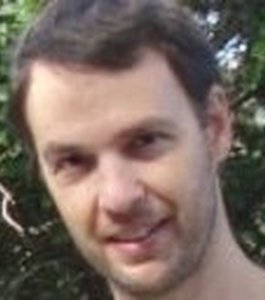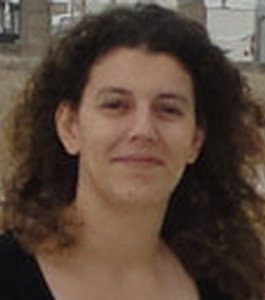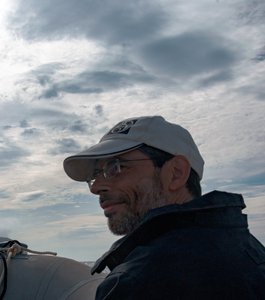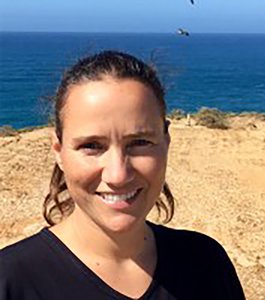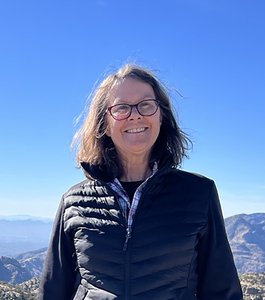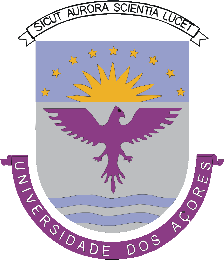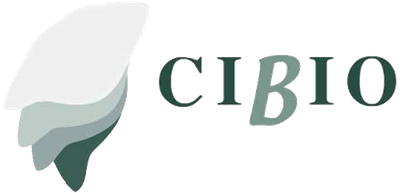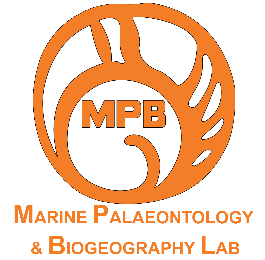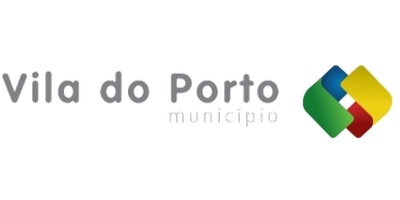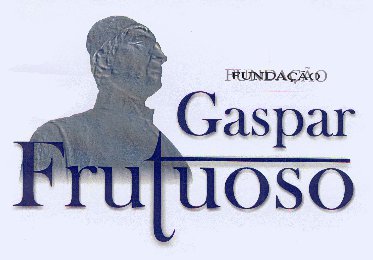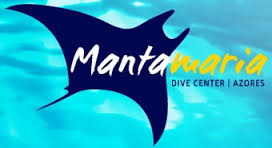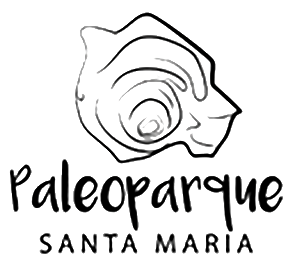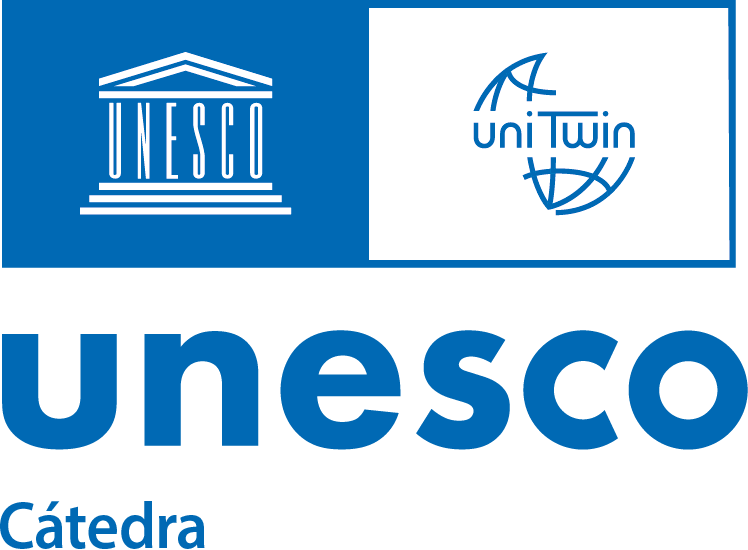Lecturers
Venue
The Azores Summer School in Marine Island (Palaeo)Biogeography will be held at Hotel Santa Maria located nearby Vila do Porto, in Santa Maria Island (Azores Archipelago, PORTUGAL).
This 4-star Hotel is located at a walking distance of just 900 m from the airport and at 3km from Vila do Porto.
Santa Maria has daily connections with mainland Portugal (via Ponta Delgada airport in São Miguel Island) by Azores Airlines, TAP air Portugal, and Ryanair. There is also a direct flight from Lisbon usually twice a week during Summer.
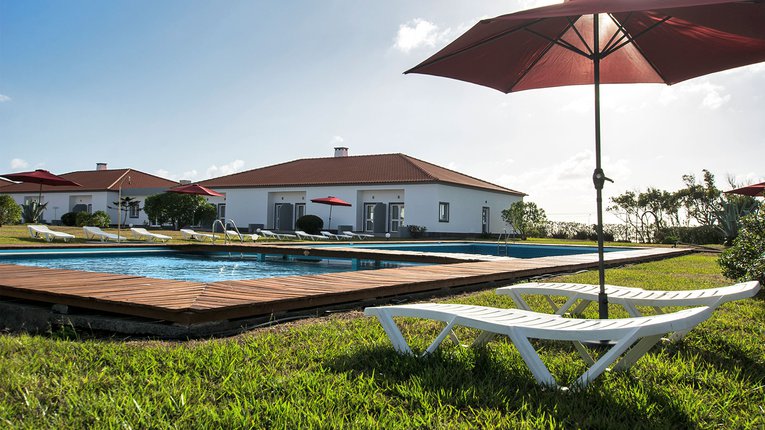
Traveling to Santa Maria Island
Information about the culture, events, and tourism in Santa Maria Island is available at www.exploresantamaria.pt. Public buses, operated by TSM – Transportes de Santa Maria, circulate around the island, with a stop close to the AzSS venue at Hotel Santa Maria. You can request the schedules at the hotel reception or consult them at www.transportesdesantamaria.com.
Regarding options of accommodation, you can check https://www.exploresantamaria.pt/guia/onde-dormir/#hoteis, but we have assembled a list of traditional accommodation (hotels). Other distinguished experiences, as camping or refurbished traditional houses, can be checked at https://booking.com.
Hotel Santa Maria – venue of the AzSS, located ~3 km or a 5-minute car ride from the center of the main town (Vila do Porto). Special prices for the AzSS participants: single room from 61.5€/night; twin/double room from 71.5€/night. More information at https://www.hotel-santamaria.pt/. If you would like to benefit from the special fares to stay in Hotel Santa Maria as participant in the AzSS, please contact the organizing committee following confirmation of your registration in the AzSS2023.
Azores Youth Hostel - located in the center of the main town (Vila do Porto), ~3.7 km from the venue. Bed in a dorm from 33€/night; twin room from 94€/night; triple room from 114€/night. More information at https://azoresyouthhostels.com/.
Hotel Praia de Lobos – located in the center of the main town (Vila do Porto), ~2.7 km from the venue. Single room from 52€/night; twin/double room from 68€/night. More information at https://www.hotel-praiadelobos.pt/
Hotel Colombo – located ~3.2 km from the venue. Single room from 86€/night; twin/double room from 101€/night; triple room from 117€/night. More information at https://colombo-hotel.com/.
Apartamentos Turísticos Mar e Sol – located in Almagreira, 9 km from the venue. Fully equipped apartments for three people from 75€/night; for 5 people from 110€/night. More information at https://www.apartamentosmaresol.com/.
We call your attention for the importance of securing a booking in advance, as a popular music festival will overlap with the AzSS.
Useful information for travelers
- All public buildings and transportations are smoke free. Restaurants and pubs are also smoke free, but smoking is generally allowed outside.
- Currency: Euro (€)
- Phone country code: +351, all phone numbers have 9 digits, except special numbers.
- European emergency telephone number: dial just 112; no country code is needed, free of charge.
- Time zone: Coordinated Universal Time (=GMT) from March to October.
- Electricity: 220V, 50Hz; Power plug sockets: Type C (two round pins) and F (two round pins with two earth clips on the side).
- Language: Portuguese as native; English is widespread among the community.
- Most shops and restaurants accept Visa and MasterCards; contactless card is widely used and no PIN is required up to 50€.
Sponsors
Contacts
Organizing Committee:
Sérgio Ávila
E-mail: Sergio.PA.Marques@uac.pt
Lara Baptista
E-mail: laracbaptista@hotmail.com
Cátia Alves
E-mail: Catia.salves25@gmail.com
